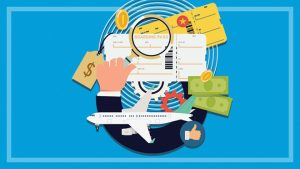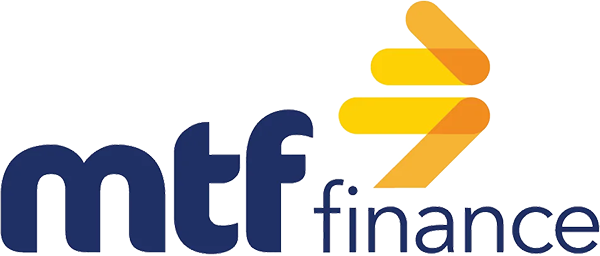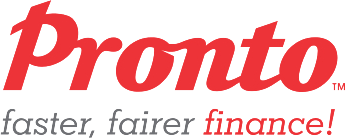$150
No fee
Monthly
3 years
5 years
Personal Loan - Unsecured
Rate (p.a.)
14.20% to 24.20%
You can apply online, over the phone or in person at over 50 branches spread throughout NZ
NZ’s top rated finance company on Trustpilot, with over 8,000 customers scoring MTF Finance 4.9 out of 5
Be in to win $10,000 cash when you take out a loan before 1 June 2024. T&Cs apply.
$389
$7.50
$23
Weekly, fortnightly, monthly
3 Months
5 Years
$240
$1.75 Administration Fee payable per repayment
No fee
Weekly, fortnightly, monthly
6 months
5 Years
$240
$1.75 per repayment
Weekly, fortnightly, monthly
6 Months
5 years
$275 to $595 depending on amount borrowed
$12
No Fee
Weekly, fortnightly, monthly
6 months
3 years
$275 to $595 loan amount dependent
$12
$8 (PPSR)
No fee
Weekly, fortnightly, monthly
6 months
3 years
$270 to $780
$9
PPSR $8.05
$75
Weekly, fortnightly, monthly
1 month
7 years
$0
No fee
No fee
Weekly, fortnightly, monthly
6 months
7 years
$130 to $330 (Loan amount dependent)
$15.84 ($3.96/week)
No fee
Weekly, Fortnightly, Monthly
182 Days
5 Years
















